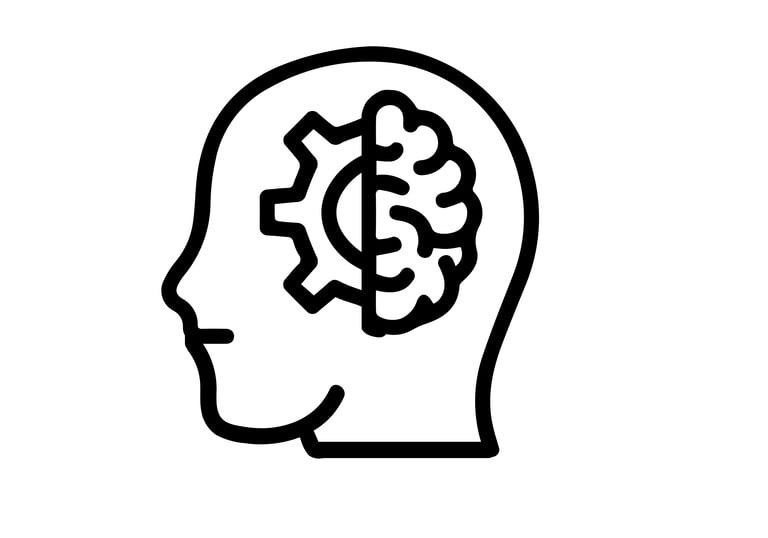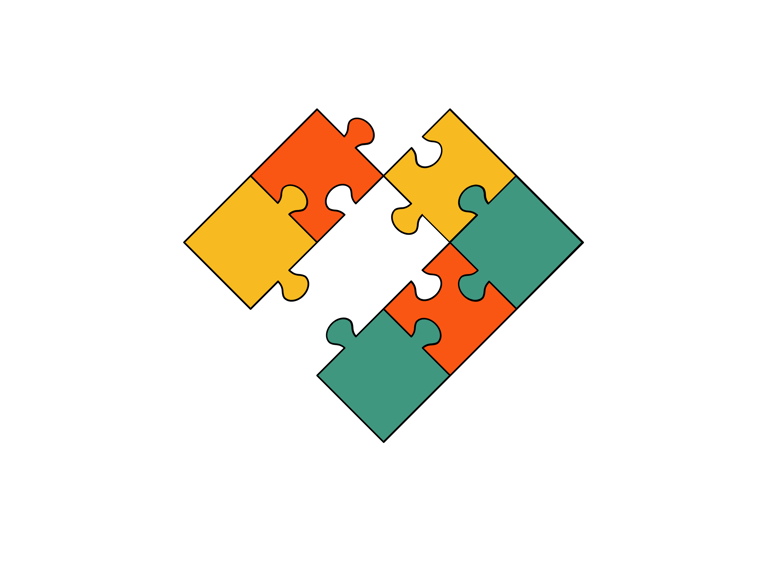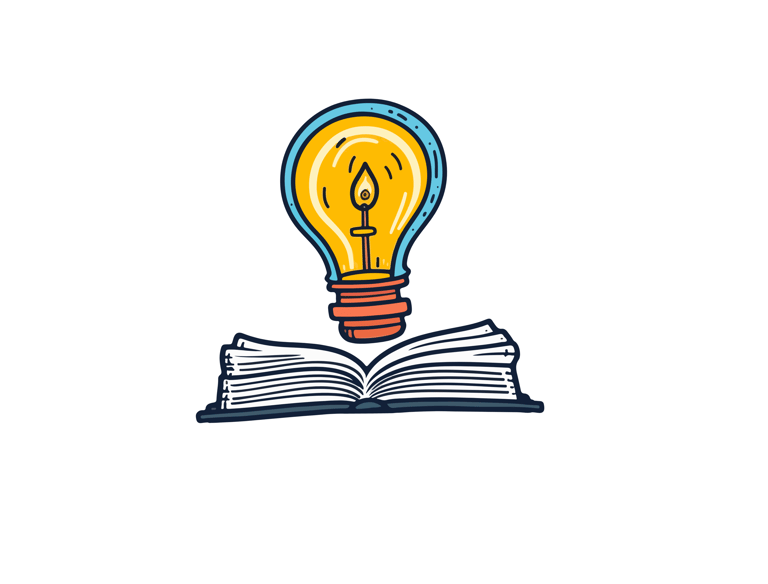
Understanding your child's and family's needs
We offer comprehensive psychological assessments, therapy and parenting support.
Psychoeducational Assessments
To gain meaningful insight into your child’s strengths and challenges so that we can recommend the best ways to support your child’s development and well-being.
Cognitive & Intellectual Assessments


Clarify how a child learns by understanding their unique thinking and problem-solving styles.
These assessments explore core mental abilities such as:
Verbal and non-verbal reasoning
Memory and attention
Processing speed
Problem-solving and critical thinking skills
This insight helps uncover a child’s learning profile—highlighting strengths to build on and areas that may benefit from support.




Diagnostic Assessments
A formal assessment helps to identify or rule out specific learning, developmental, or psychological conditions that may be impacting your child's ability to learn, function, or thrive in everyday settings.
A diagnosis, when appropriate, provides clarity and access to targeted support. It guides practical recommendations to enhance learning, emotional well-being, and everyday functioning—both at school and at home.
They can help determine whether challenges are related to:
Specific Learning Disorders
(e.g. Dyslexia, Dyscalculia)
ADHD or attention-related difficulties
Autism
Developmental Delays or
Intellectual Disability
Understand how a child is performing in key areas of learning—and uncover why they may be struggling or excelling. These assessments evaluate core academic skills such as Reading, Writing, Mathematics and Oral Language.
By comparing a child’s academic performance to age or grade-level expectations—and to their cognitive abilities—these assessments can help identify:
Specific Learning Disorders
(e.g., dyslexia, dysgraphia, dyscalculia)
Gaps in academic skills that may require targeted support
Giftedness or advanced learning needs
The impact of attention, memory,
or emotional factors on learning
This comprehensive understanding helps guide meaningful support strategies at school and home.
Learning & Academic Assessments


Assessment for Access Arrangements /
Exam Accommodations
Determine whether a student needs additional support to demonstrate their true abilities in exams or standardised testing.
Assessment results help identify whether challenges—such as processing speed, attention, anxiety, or written expression—may be affecting performance. Based on the findings, recommendations can be made for appropriate access arrangements or accommodations (e.g., extra time, a quiet setting, use of a computer).
The goal is to ensure that assessments reflect a student’s actual knowledge and capabilities—not the barriers they may face in expressing them.


Social Emotional Behavioural Assessments
Explore emotional, behavioural, and social factors that may impact learning and everyday functioning.
These assessments help understand how a child manages emotions, interacts with others, and responds to challenges in their environment. The aim is to identify any emotional or behavioural difficulties that may be affecting their learning, relationships, or daily life—and to guide supportive strategies, targeted interventions, or referrals when needed.
Areas assessed may include:
Mood and emotional regulation
(e.g., signs of anxiety, depression)
Behaviour patterns
(e.g., impulsivity, defiance, aggression)
Social skills and relationships
(e.g., peer interactions, communication)
Attention, self-regulation,
and executive functioning
Coping strategies and stress response
Psychotherapy
We offer compassionate, evidence-based therapy to support children, teens and families through life’s challenges.


Therapy Support
Our therapy services are designed to meet each person where they are—with warmth, understanding, and practical tools for growth.
We support individuals experiencing:
Anxiety, stress, or low mood
Behavioural concerns
Emotional regulation or anger difficulties
Executive functioning challenges
School refusal or peer-related issues
Selective mutism
Social skills challenges
Parenting stress and family dynamics
Our therapy services include:
Individual therapy for children and adolescents
Parent consultation and coaching
Family support sessions
Collaborative care with schools and other professionals
© 2020 PsychNextDoor LLP
